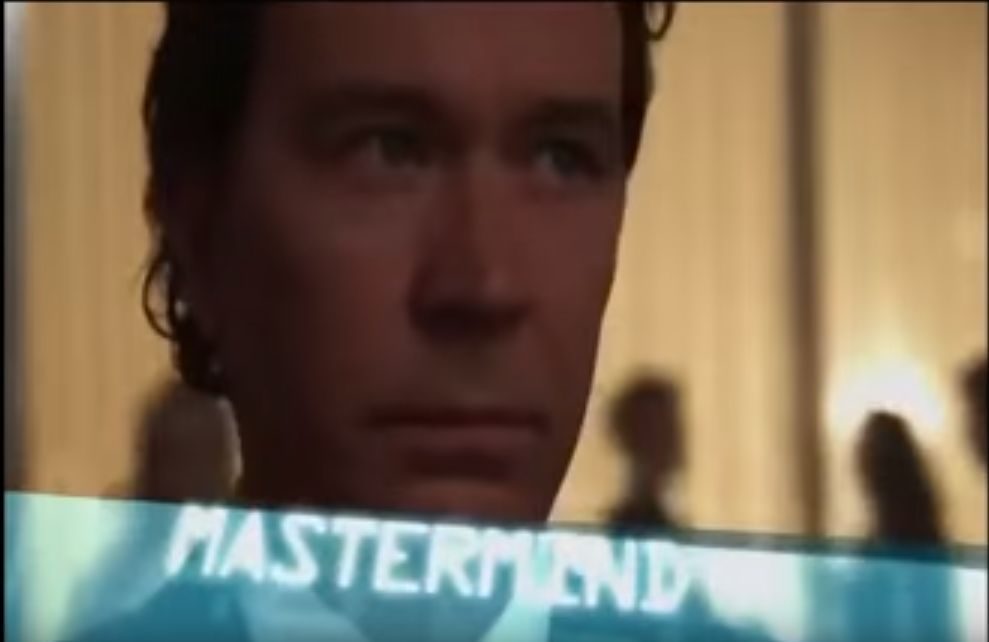Actually, I do have one really big criticism of 5E. It's too hard to run a no- or low-magic game like Dark Sun because so many class features are delivered through spells. I know many people have problems with 4E's powers, but they are great packets for delivering abilities and features, and because of 5E's reluctance to do the same there is an over-reliance on spell lists.
D&D has never been a great system for low magic games. 5e lets a little more magic into the classes, but there are fewer magic items.
The cleric, druid, wizard, ranger, and paladin have pretty much the same magic as in 2e when
Dark Sun was created. Only the bard only has a little more. There are more classes with magic because there are more classes. If it worked then, it should work now.
Dark Sun should be a little easier to manage now, since you can just ban the cleric and paladin and let the bard and druid pick up the healer slack, so you don't need to force elemental priests in just to keep healing and
restoration in the game. Elemental priests could be druid circles pretty easily.
But 5e is pretty modular, so it could be tweaked. It'd be easy to remove or reduce cantrip casting, or reduce spellcasting. You can give spellcasters restriction to make using magic harder, such as house rules that increase casting time, perks to encourage people to play martial characters, or roleplaying restrictions such as magic users being feared or magic corrupting the weilder. For example, you could give the ranger and paladin the eldritch knight casting chart, give the wizard, cleric, bard, druid, and sorcerer the ranger and pally casting chart and just make magic rarer. Or have spellcasters declare the spell they're casting at the end of their turn, with it taking effect the following round, but have a chance it's interrupted.



